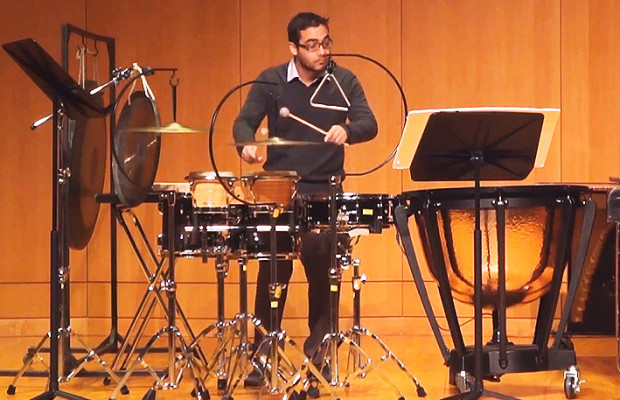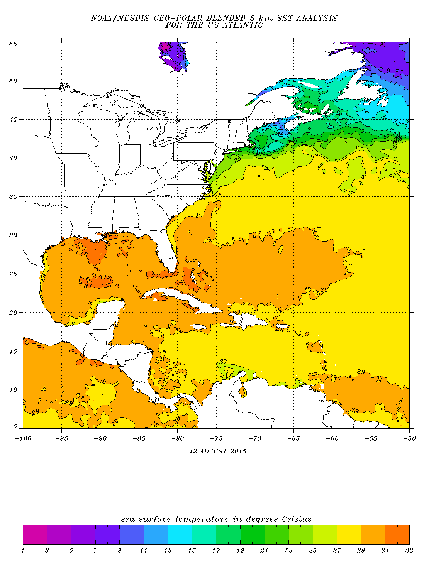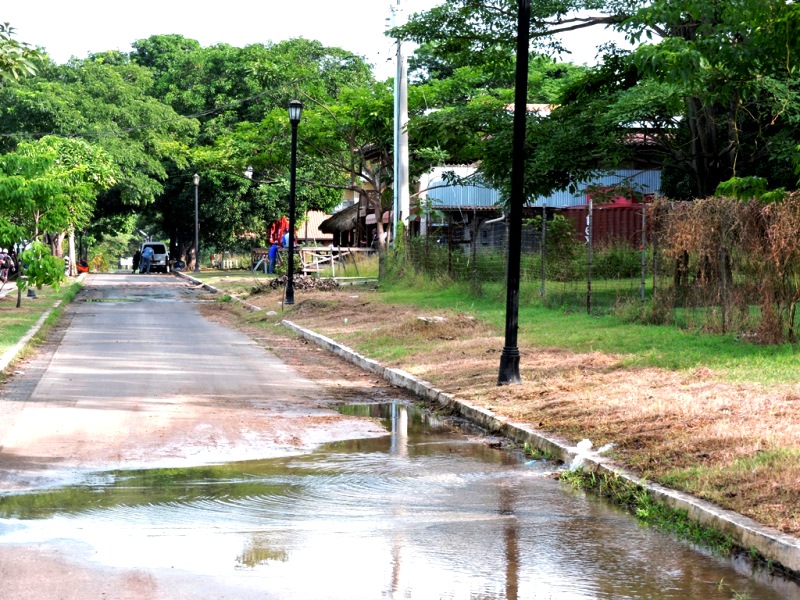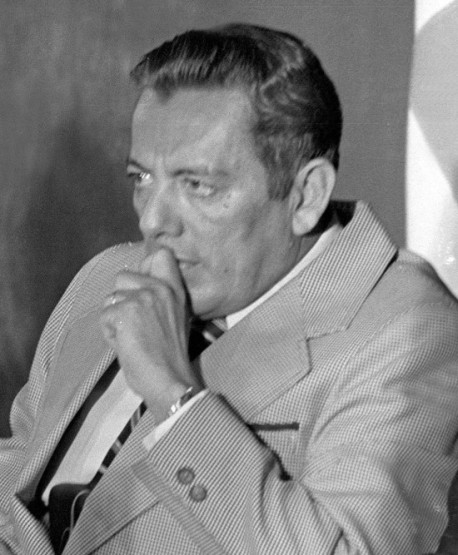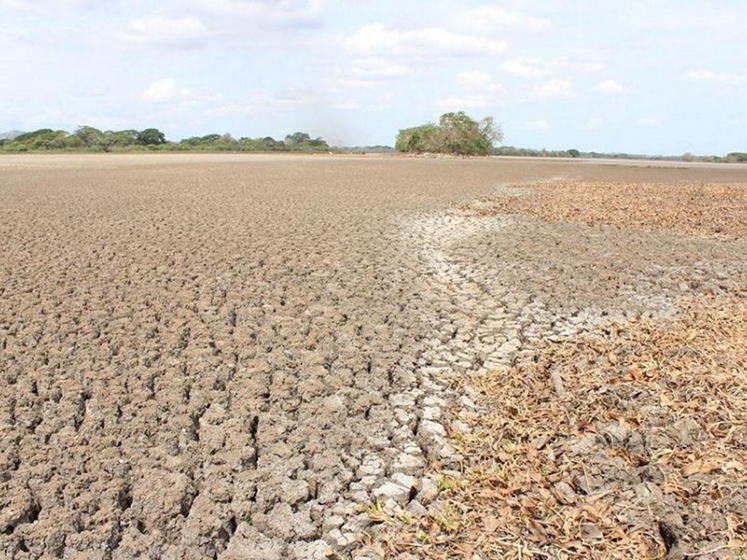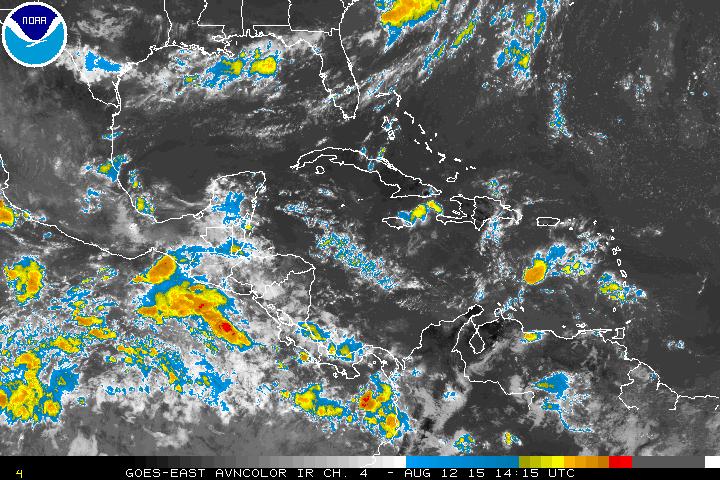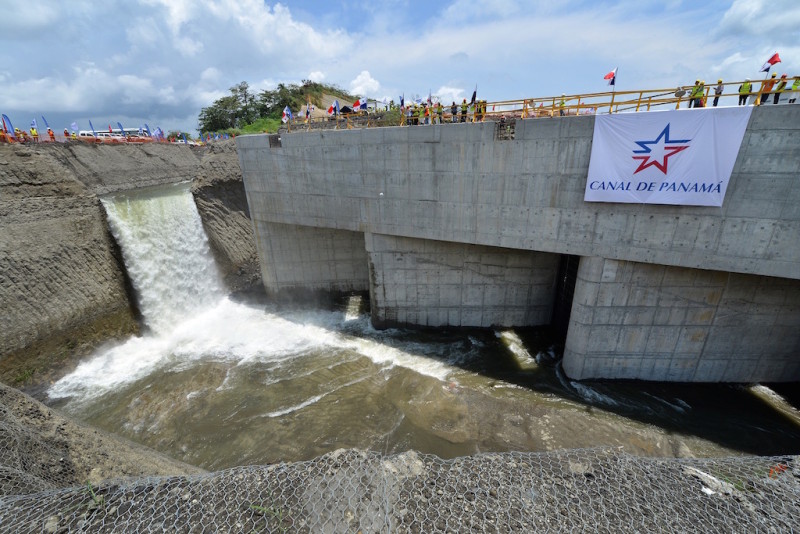 This time the problem isn’t the direct threat of official sanctions, but major US and European banks that increasingly cut their risks by limiting their dealings with Panamanian banks in the wake of multiple major scandals
This time the problem isn’t the direct threat of official sanctions, but major US and European banks that increasingly cut their risks by limiting their dealings with Panamanian banks in the wake of multiple major scandals
Hot money causes quiet boycott
by Eric Jackson
There are problems that nobody cares to explain. It’s not that the ATM machine isn’t working — other people are taking money out — but THIS foreign credit card won’t work. That international funds transfer is taking longer than the usual forever, with nobody offering a coherent explanation. Are there published statistics about how often this is happening and where, now and by comparison with the past? Of course not — this is Panama.
But early in August, someone at the Banking Superintendency who wished not to be identified let something slip to La Estrella. About 25 major banks, mostly in the United States and Europe, have cut off their corresponding bank relationships with banks in Panama.
Why does that matter? Let’s say that you want to move money from your account in the Boondocks Main Street Bank in a small US state, using your debit card at the ATM machine at Banco Narcotrafico SA. For these two small institutions to effect an international money transfer would take a long time if they were the only ones involved. For speed and convenience a third bank becomes involved as the corresponding bank, which covers the transaction while it is percolating through the two smaller institutions, allowing for much quicker service. Without a corresponding bank Boondocks Main Street Bank and Banco Narcotrafico could still handle the transaction between themselves, but it just takes much longer.
By reputation and according to their occasional statements, the consensus in Panama’s banking center ever since the aftermath of the 1989 US invasion has been to get out of the money laundering business. But exactly what that business is and how it is defined and regulated are all evolving. Back in 1990 it meant transactions involving the proceeds of organized crime, usually drug trafficking or peculation by Third World dictators. Later the financing of terrorism — itself a changing concept — came into play. There arose the notion of Politically Exposed Persons (PEPs), those in government posts amenable to vast peculation or massive bribery, and then members of their families through whose accounts ill-gotten gains might flow. The parking of the profits of tax evasion in places like Panama became a big concern to the United States and a number of other jurisdictions.
As the scrutiny increased, PEPs increasingly took advantage of anonymous shell corporations in jurisdictions like Panama that have corporate secrecy. The Organization for Economic Cooperation and Development (OECD), largely reflecting the concerns of the more industrialized countries, spun off a Financial Action Task Force (FATF) to pressure countries like Panama to reform their financial systems’ practices so as to be less corruption-friendly. Panama has chronically lived under threat of blacklisting and sanctions by the OECD and FATF. Many changes in Panamanian banking and corporate laws have been adopted to avoid sanctions, perhaps the most noteworthy being that Panama will now share tax information with the governments of the richer countries.
Still, evasion games that had been played for a long time took on grandiose proportions during the Martinelli administration, and most of the biggest recent financial scandals seem to have had Panama connections. One might say that Panama has become a convenient scapegoat, but it’s not as if we are an innocent country being framed.
Financial scandals in Spain’s royal family prompted the king to abdicate, and where did the ex-monarch’s corrupt son-in-law and daughter launder the money? Actually, in a number of places, with Panama as a link along a money laundering chain that was allegedly organized by a Panamanian law firm. Spain’s ruling but discredited Partido Popular allegedly used the same sort of organization and some of the same people to send bribe money on a circuitous route to politicians’ Swiss bank accounts.
Switzerland is not innocent, but its banking industry claims to be cleaning up its act and taking an unfair share of blame. “Switzerland has a fundamental interest in ensuring that no illicit assets of politically exposed persons (PEPs) –- so-called potentate funds –- enter its financial center,” a notice by Swiss bank regulators said. “PEPs are persons who exercise prominent public functions abroad, specifically heads of state and government, senior politicians at national level, and senior officials in the government, judiciary, military and parties at national level, as well as in the highest bodies in state-owned companies of national importance.” All well and good — but what happens when the dealings are with front people, or with anonymously held corporations?
Switzerland, of all jurisdictions, also ought to know about games that get played in international organizations that are powerful and wealthy, but not strictly governmental. For example, the soccer world’s ruling body, FIFA. On May 27 six of the organization’s top figures were arrested on US warrants at a hotel in Zurich, where they had come for a meeting at FIFA world headquarters in that Swiss city. The US indictment was far more extensive, aimed bribery and kickbacks in the awarding of media, marketing and sponsorship rights for soccer tournaments in the United States and Latin America and at the choice of Russia to host the 2018 World Cup and of Qatar as the host country in 2022. Arrests and extradition battles are still ongoing.
One of the allegations in the US indictment is about a kickback made to the Trinidadian principal defendant Jeffery Webb to steer a soccer uniform contract to a company in the Colon Free Zone, with the illicit payoff made through Capital Bank in Panama City. The indictment describes a:
wire transfer of $1,100,000 from Traffic International’s account at Delta National Bank & Trust Co. in Miami, Florida, to a Wells Fargo correspondent account in New York, New York, for credit to an account in the name of Soccer Uniform Company A at Capital Bank in Panama City, Panama.
None of the banks or people who work at them were charged. Perhaps some people in those institutions were key informants for US investigators. But on the face of it, Wells Fargo would not have known that it was acting as correspondent bank for a transaction involving a top FIFA official. And look at the other banks also mentioned, but not charged, in the FIFA indictment:
- Citi Private Bank
- Delta National Bank & Trust Co. (Miami)
- Banco do Brasil
- First Citizens Bank (Trinidad & Tobago)
- Barclays Bank (Cayman Islands)
- Bank Itau (New York)
- Bank of America
- Republic Bank (Trinidad & Tobago)
- First Caribbean International Bank (Bahamas)
- Delta Bank (Qatar)
- Intercommercial Bank (Trinidad & Tobago)
- HSBC Bank (Hong Kong)
- Standard Chartered Bank (New York)
- Fidelity Bank (Cayman Islands)
- SunTrust Bank (Georgia)
- JP Morgan Chase Bank (New York and Miami)
- Espirito Santo Bank (Miami)
- Bank Hapoalim (Zurich)
- Bank Julius Baer (Zurich)
We know from other financial scandals that some of the biggest banks mentioned — and the ones most likely to play the correspondent banking role — are also quite dirty. But in the FIFA case will the plea nevertheless be that respectable and innocent companies were had by hustlers from the sporting world hiding behind front people and shell companies?
US justice is not the only system looking at FIFA. A relatively newer part of the mega-scandal that’s rocking Brazil and has landed construction giant Odebrecht’s CEO, Marcelo Odebrecht, behind bars is a probe into contracts for the building of soccer stadiums in Brazil for the 2014 World Cup. Most of the Brazilian scandal, though, is about bid rigging with respect to the state-owned Petrobras oil company, for the construction of offshore oil drilling platforms and other projects. These alleged crimes mostly would have taken place when Lula da Silva was president and the current president, Dilma Rousseff, was the minister in charge of Petrobras. A complicated, mostly three-stage, money laundering process allegedly moved the kickbacks from Odebrecht to three Petrobras executives. These involve money movements through shell companies in Panama, Switzerland, Austria, the British Virgin Islands, Antigua & Barbuda, Belize, Monaco and Uruguay. A Panamanian company called Constructora Internacional del Sur and controlled by Ricardo Martinelli’s cousin Frankie Martinelli, was signed up as a mysterious subcontractor for the Odebrecht-FCC consortium that built Line One of the Panama City Metro. Constructora Internacional del Sur did not appear to actually do any construction work on the project, but some $3 million did pass through its accounts at Credicorp Bank in Panama City to three Petrobras executives. The company was dissolved shortly after Ricardo Martinelli left office.
The relationship between Odebrecht and the Panamanian government is something of a taboo subject here. If the company has been dirty all along and the slime has rubbed off on every administration with which it dealt, all major Panamanian political parties would be implicated. Consider, though, one curious fact: that viaduct that Odebrecht built around the Casco Viejo cost some $300 million per kilometer to build, making it one of world history’s most expensive stretches of road. It’s a perhaps relevant starting point for questions because in all at least $47 million passed through the accounts of Constructora Internacional del Sur.
But would a corresponding bank have known enough to smell something funny? First of all, a president’s cousin would not be considered a PEP under many working definitions at the time. Moreover, Frankie Martinelli’s name did not appear anywhere on the Constructora Internacional del Sur papers on file at the Registro Publico. It was in the name of his chauffeur, who says he had nothing to do with running the operation and does not appear to have been a beneficiary.
The corresponding banks, which are at least theoretically subject to law enforcement and regulatory pressures in their own countries, are supposed to pay special attention to accounts linked to PEPs. But the Odebrecht / Petrobras / Constructora Internacional del Sur / Frankie Martinelli connection, by the design of Panamanian law, is supposed to fly under foreign corresponding banks’ radar. And in the Odebrecht and Petrobras scandal, Martinelli’s company was only one of six Panamanian companies through which money flowed to the three Petrobras execs.
Odebrecht is huge and notorious, and might be taken by the financial world as a singularity, whose operations are not indicative of Panamanian practices. However, there are more than 160 separate criminal investigations of various allegedly corrupt situations during the Martinelli administration. In just one of these, former National Assistance Program (PAN) director Rafael Guardia Jaén has identified these banks as having taken deposits of funds corruptly obtained from that governmental entity:
- Global Bank
- Banco General
- Unibank
- Banesco
- St. Georges Bank
- Banistmo
The government took control of Banco Universal, which served as a clearinghouse for much of the Martinelli administration’s corruption and has thus proven to be a rich source of information that has led to other banks and companies involved in the laundering of money obtained by public officials and their confederates through bribery, kickbacks or theft. The organized crime prosecutor is looking into a complaint about 13 bankers for allegedly laundering the proceeds of Martinelli administration corruption. Their banks include:
- Banco General
- Global Bank
- La Hipotecaria
- Credicorp Bank
- St. Georges Bank
- Banco Universal
- Balboa Bank & Trust
- Banistmo
- Banesco
- Towerbank International
- Unibank
- Banco Ficohsa
- Banco Panama
Meanwhile, Panama’s Banking Superintendent has announced that 16 Panama City banks are being investigated over money laundering offenses. Few further details, however, have been provided about this.
The complaint from abroad is that many of these accounts were then used to send money out of Panama, but the corresponding banks dealing with those transactions were given no heads-up from this country that they were dealing with Politically Exposed Persons. And thus it seems that many of the important corresponding banks have cut those ties with the Panamanian banking system. It is bound to be inconvenient for ordinary bank customers who have nothing at all to do with Panamanian politics or the money laundering underworld, and if it gets bad enough that ATM machines won’t work for foreign visitors it would be a huge blow to Panamanian tourism.


